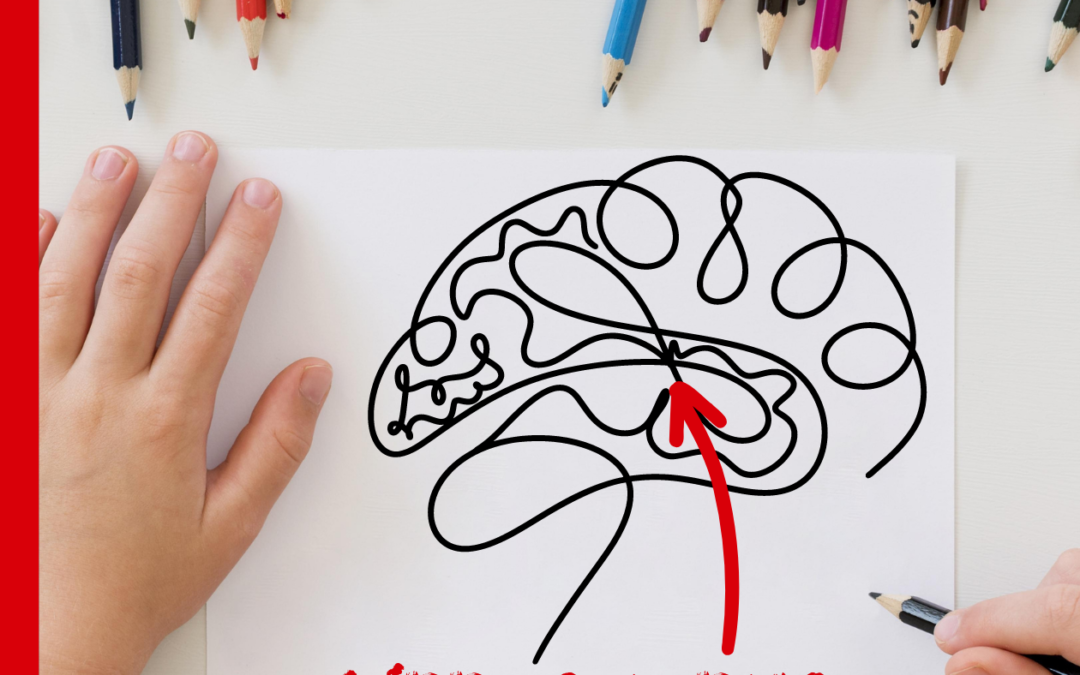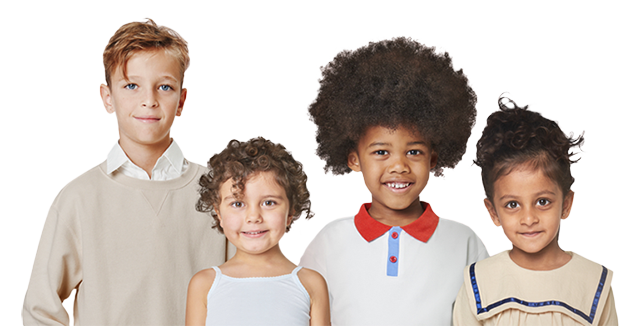Not all scars are visible. Childhood trauma affects the brain, impairing both the brain’s function and structure. While these hurts may seem invisible, they are not. The effects of trauma on the brain are noticeable to those who look for the signs and symptoms in children. Our June blog posts explore how trauma affects the brain and how you can be an attentive adult who sees these ‘invisible’ scars.
Trauma and the Hippocampus
The hippocampus, part of the brain’s limbic system, is responsible for memory and learning. This part of the brain specifically ties meaning and associations to our memories. As a result, childhood trauma and related memories are relevant to the hippocampus. Children who are victims of trauma may have a hippocampus that functions at a decreased capacity. This part of their brain may actually become smaller than their peers, as well. These children may specifically struggle with:- Depression According to an article on ChoosingTherapy.com, survivors of childhood trauma are “three times more likely than others to develop depression.” One reason may be the impact that trauma has on their hippocampus, which impacts moods and emotional regulation.
- Chronic Stress In a healthy brain, the hippocampus helps manage stress. A child who has lived through trauma often has a higher baseline stress level than their peers. This leads to them feeling overwhelmed or irritable.
- Interpersonal Problems Children with an impaired hippocampus may have social interactions that are more riddled with conflicts. They are challenged by emotional regulation. This is a challenge that can be overcome, leading the healthier relationships and attachment.








